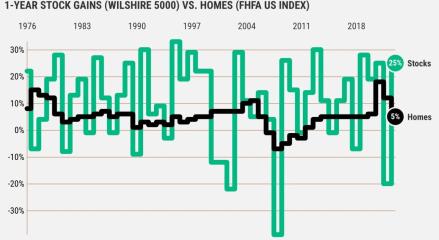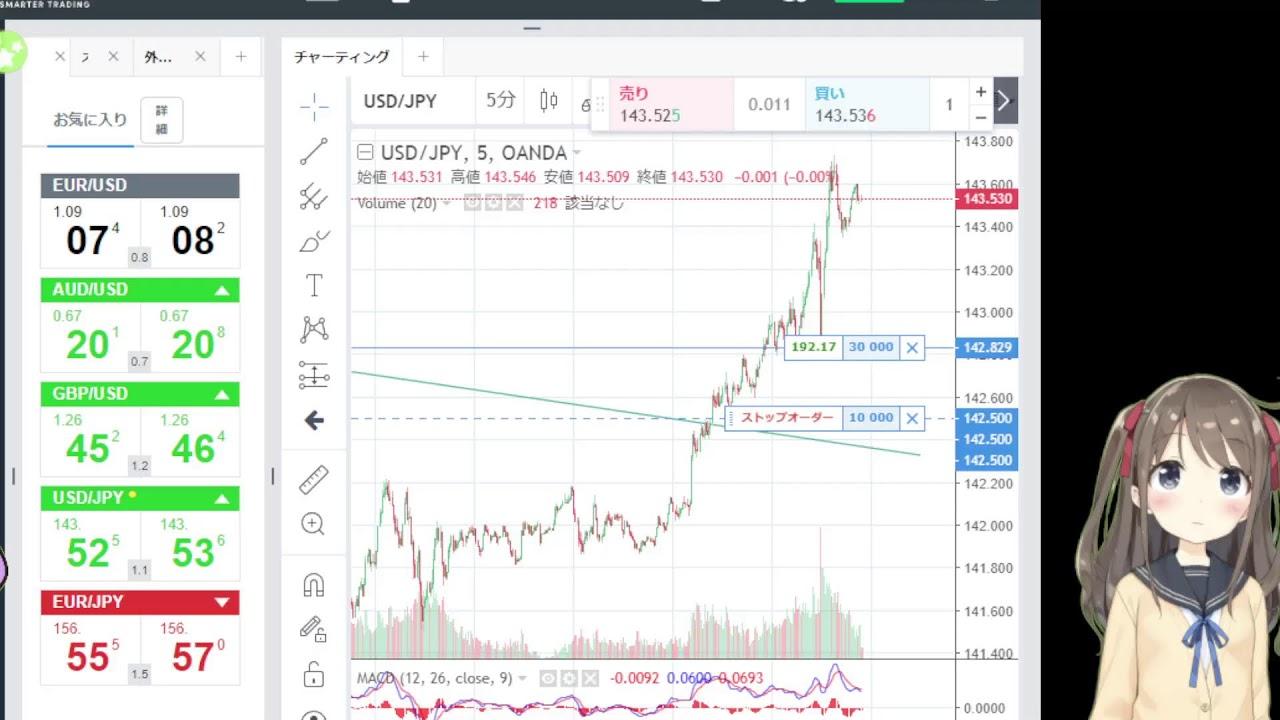In the context of forex trading, fixed spread and floating spread refer to two different types of spreads that brokers may offer. Let's explore each:
- Fixed Spread:
- Definition: A fixed spread means that the difference between the bid and ask prices for a currency pair remains constant and does not change regardless of market conditions.
- Characteristics: Traders are guaranteed a fixed spread for their trades, providing predictability in terms of transaction costs. This type of spread is not affected by market volatility or liquidity.
- Advantages: Traders can easily calculate the cost of entering or exiting a trade since the spread remains the same. This can be particularly beneficial during periods of high market volatility when spreads in a floating system may widen significantly.
- Disadvantages: During normal market conditions or high liquidity, fixed spreads might be slightly higher than the variable spreads offered in floating spread systems.
- Floating Spread:
- Definition: A floating spread, also known as a variable or dynamic spread, changes in response to market conditions. It widens or narrows based on factors such as market volatility, liquidity, and economic events.
- Characteristics: The spread is not fixed and can fluctuate throughout the trading day. During periods of low volatility or high liquidity, the spread tends to be narrower, while it may widen during times of increased market uncertainty.
- Advantages: Traders may benefit from narrower spreads during favorable market conditions, potentially reducing trading costs. Floating spreads can reflect the true market conditions more accurately.
- Disadvantages: The main challenge is the potential for wider spreads, especially during volatile market situations. This could result in higher transaction costs for traders.
Choosing between fixed and floating spreads often depends on a trader's preferences, trading strategy, and risk tolerance. Some traders prefer the predictability of fixed spreads, while others may opt for floating spreads to take advantage of potentially lower costs during certain market conditions. It's essential for traders to carefully consider their trading style and the market conditions they are likely to encounter when selecting a broker with either fixed or floating spreads.















